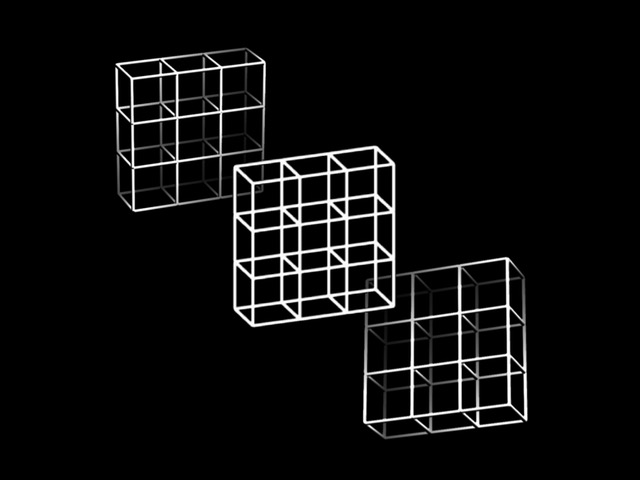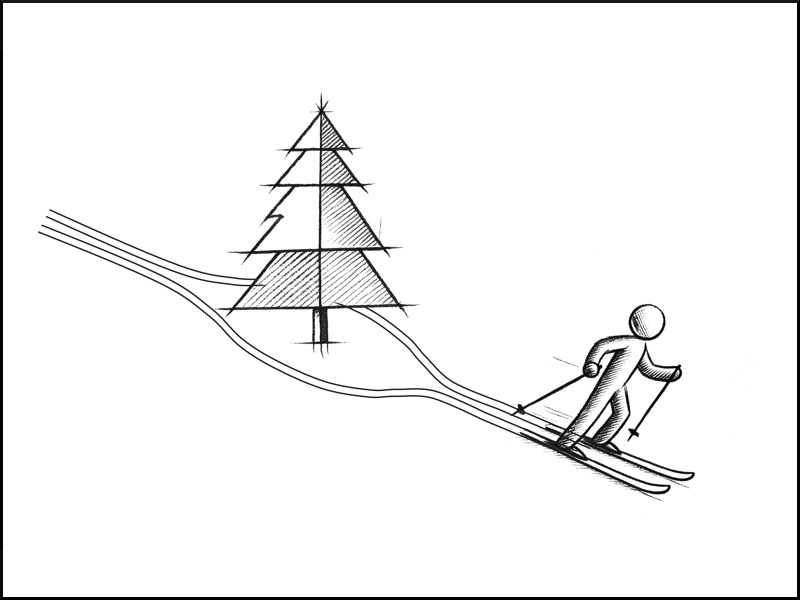The mind-matter problem (also known as the mind-body problem or the psychophysical problem) deals with one of the fundamental questions of humanity: How is the human mind or our consciousness connected to the material world? The brain is connected to our consciousness in a way that has not yet been understood. However, natural sciences mainly deal with the 3rd person perspective on objects and processes of the world. This also includes many areas of classical psychology that deal with the observation of behavior. Conscious experience, however, relates to the 1st person perspective. There is something that feels like being and experiencing. Conscious states have an ego mode of the given, an experience that is inherently given to me. The phenomenally given is mine. This quality of being mine in experience contains an experienced self to which the experienced relates qualitatively. In recent years, several theories have been developed that provide a functional-mathematical framework for the explanation of consciousness, but nevertheless remain in the 3rd person perspective.
Field of Research
Mind and Matter
In relation to the research work at the IGPP, “dual-aspect monism” may offer a way out of the problem area mentioned, as mind and matter are treated as dual, equally important aspects of an underlying, psychophysically neutral reality.
In the “Perception and Cognition” working group, we are concerned in this context with the question of how we construct stable and reliable perceptual impressions from incomplete, noisy and often ambiguous information available to our senses and how well these represent ontological reality. We investigate perceptual processes, illusions, instabilities and anomalies in perception, and how these are related to neuronal processes in the brain.
The working group “Perception and Awareness of Time” investigates the underrepresented but essential aspect of time consciousness in the brain-consciousness debate. Phenomenal consciousness is temporally extended in the experienced moment and is linked to self-perception through the dynamics and continuity experienced.



